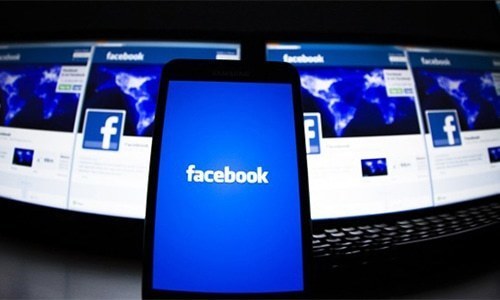Facebook says it is banning deepfake videos, the false but realistic clips created with artificial intelligence and sophisticated tools, as it steps up efforts to fight online manipulation.
The social network said late on Monday that it's beefing up its policies to remove videos edited or synthesised in ways that are not apparent to the the average person, and which could dupe someone into thinking the video's subject said something he or she did not actually say.
Created by artificial intelligence or machine learning, deepfakes combine or replace content to create images that can be almost impossible to tell are not authentic.
"While these videos are still rare on the internet, they present a significant challenge for our industry and society as their use increases," Facebook's vice president of global policy management, Monika Bickert, said in a blog post.
However, she said the new rules won't include parody or satire, or clips edited just to change the order of words.
The exceptions underscore the balancing act Facebook and other social media services face in their struggle to stop the spread of online misinformation and "fake news" while also respecting free speech and fending off allegations of censorship.
The United States tech company has been grappling with how to handle the rise of deepfakes after facing criticism last year for refusing to remove a doctored video of House Speaker Nancy Pelosi slurring her words, which was viewed more than three million times. Experts said the crudely edited clip was more of a cheap fake than a deepfake.
Then, a pair of artists posted fake footage of Facebook CEO Mark Zuckerberg showing him gloating over his one-man domination of the world. Facebook also left that clip online. The company said at the time that neither of the video violated its policies.
The problem of altered videos is taking on increasing urgency as experts and lawmakers try to figure out how to prevent deepfakes from being used to interfere with US presidential elections in November.
Facebook said any videos that don't meet existing standards for removal can still be reviewed by independent third-party fact-checkers. Those deemed false will be flagged as such to anyone trying to share or view them, which, Bickert said, was a better approach than just taking them down.
"If we simply removed all manipulated videos flagged by fact-checkers as false, the videos would still be available elsewhere on the internet or social media ecosystem," Bickert said. "By leaving them up and labelling them as false, were providing people with important information and context."












































